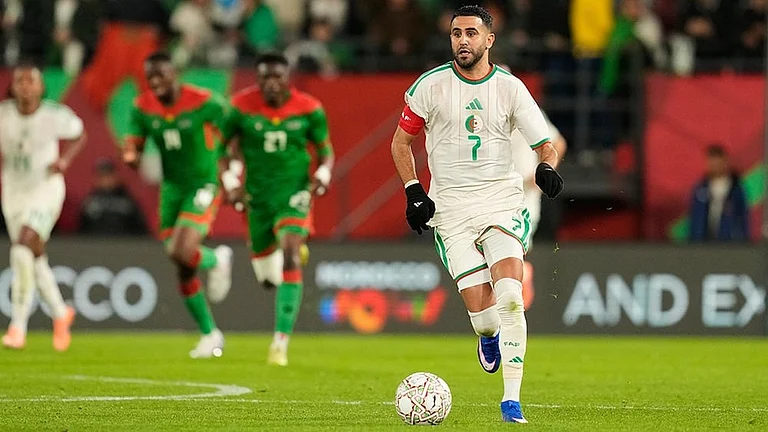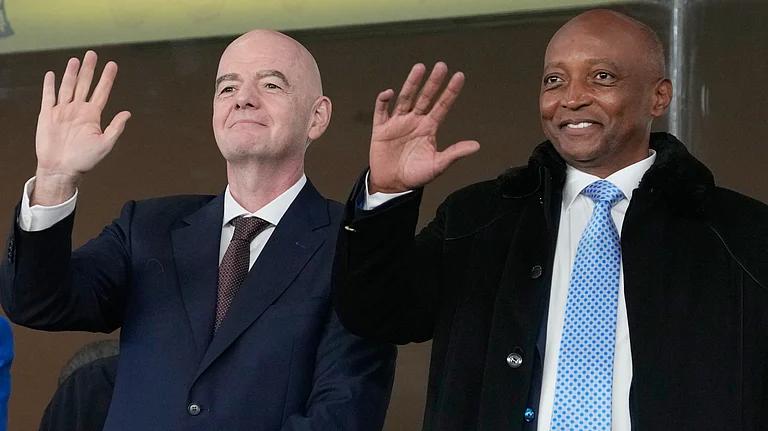Following the Mpox outbreak in Africa, the World Health Organisation has called an emergency meeting to discuss if the spread of monkeypox could escalate into a global emergency.
As per WHO Chief Tedros Adhanom Ghebreyesus, the meeting was called for Mpox cases were reported outside the Democratic Republic of Congo.
"Decided to convene emergency committee to advise on whether Mpox outbreak in African countries represents a public health emergency of international concern," stated the WHO chief.
The WHO meet was called after a dramatic rise in Monkeypox cases were seen in the Democratic Republic of Congo and nine other African nations such as Kenya, Burundi and more.
In Kenya, Mpox was detected on July 29 in a truck driver who had travelled to the Uganda, Rwanda, and Tanzania while infected.
Last week, the Africa Centers for Disease Control and Prevention reported that mpox has been detected in 10 African countries this year including Congo, which has more than 96 percent of all the cases and deaths.
With an outbreak on the rise, WHO's emergency meeting will work towards understanding if the viral illness needs to be elevated to the status of a "global emergency".
What Is Monkeypox?
Monkeypox is a viral illness similar to smallpox. Cases of the virus have increased by 160 percent this year with 10 African countries infected.
Mpox, caused by the monkeypox virus, is transmitted to humans through close contact with an infected person or animal or any material contaminated with the virus.
The current outbreak in Africa has disproportionately impacted children due to its high mortality rate. As per the Africa CDC, nearly 70% of cases in Congo are in children younger than 15, who also accounted for 85% of deaths.


























